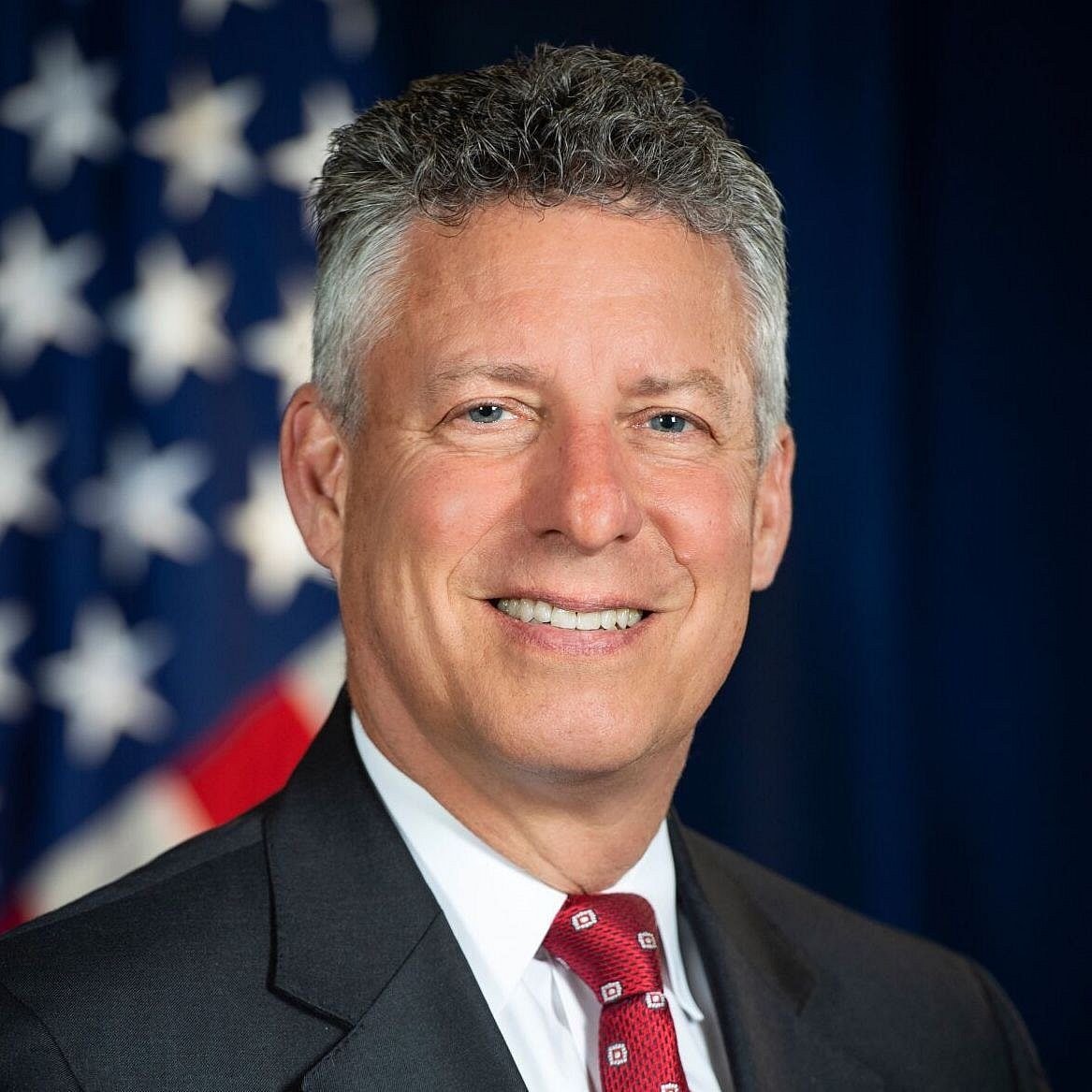Data Management
VIDEO | U.S. Immigrations and Customs Enforcement Assistant Director: Data Governance Is Hand-in-Hand With Technology
Written by: CDO Magazine Bureau
Updated 6:16 PM UTC, January 11, 2024

(US and Canada) Kenneth Clark, Assistant Director at U.S. Immigrations and Customs Enforcement (ICE), speaks with John Filipek, Senior Manager of Public Sector Inside Federal Sales at SHI, in a video interview about data governance, quality, managing risk, and regulatory compliance.
Clark spent the first 20 years of his career in the U.S. Air Force. He moved to the private sector for a decade and then returned to the government sector.
Discussing the outcome of a data governance strategy, Clark says data governance is hand-in-hand with technology for creating data-driven organizations. The challenge lies in implementing it. He emphasizes that it needs to be transparent and have participation from all the players. It is also critical to ensure clear processes and coordination across the community.
In terms of generating business value, Clark says compliance and governance can link business partners with technologists and compliance organizations and turn it into a team effort. He adds that the first step is understanding the data, knowing where it came from, who touched it, where it is going, where it is, and how it will be used. Poor governance can lead to breaches, Clark notes.
When asked about his approach to getting the organizational buy-in, Clark says that a data strategy must be developed across the community with the mission partners and the compliance organizations, and buy-in must be obtained across the board. Data needs, compliance requirements, transparency, security and privacy issues, and tying that strategy to the overall strategic plan — all must be considered. Clark also recommends establishing a collective forum and striving for self-governance.
Sharing his opinion on the ideal data governance framework, he says that it can be very complex, so it is critical to have a clear and understandable structure. He suggests the Data Management Association International (DAMA) framework. Clark adds that he is particularly concerned about data quality, privacy, compliance, and security.
In addition, Clark discusses other framework approaches, like the National Association of State Chief Information Officers, and how civil liberties and ethical uses of data are discussed as part of that framework.
CDO Magazine appreciates Kenneth Clark for sharing his insights and data success stories with our global community.


